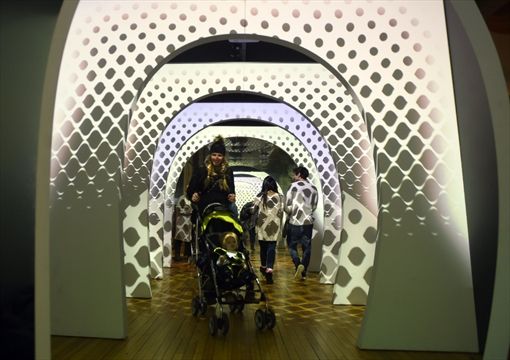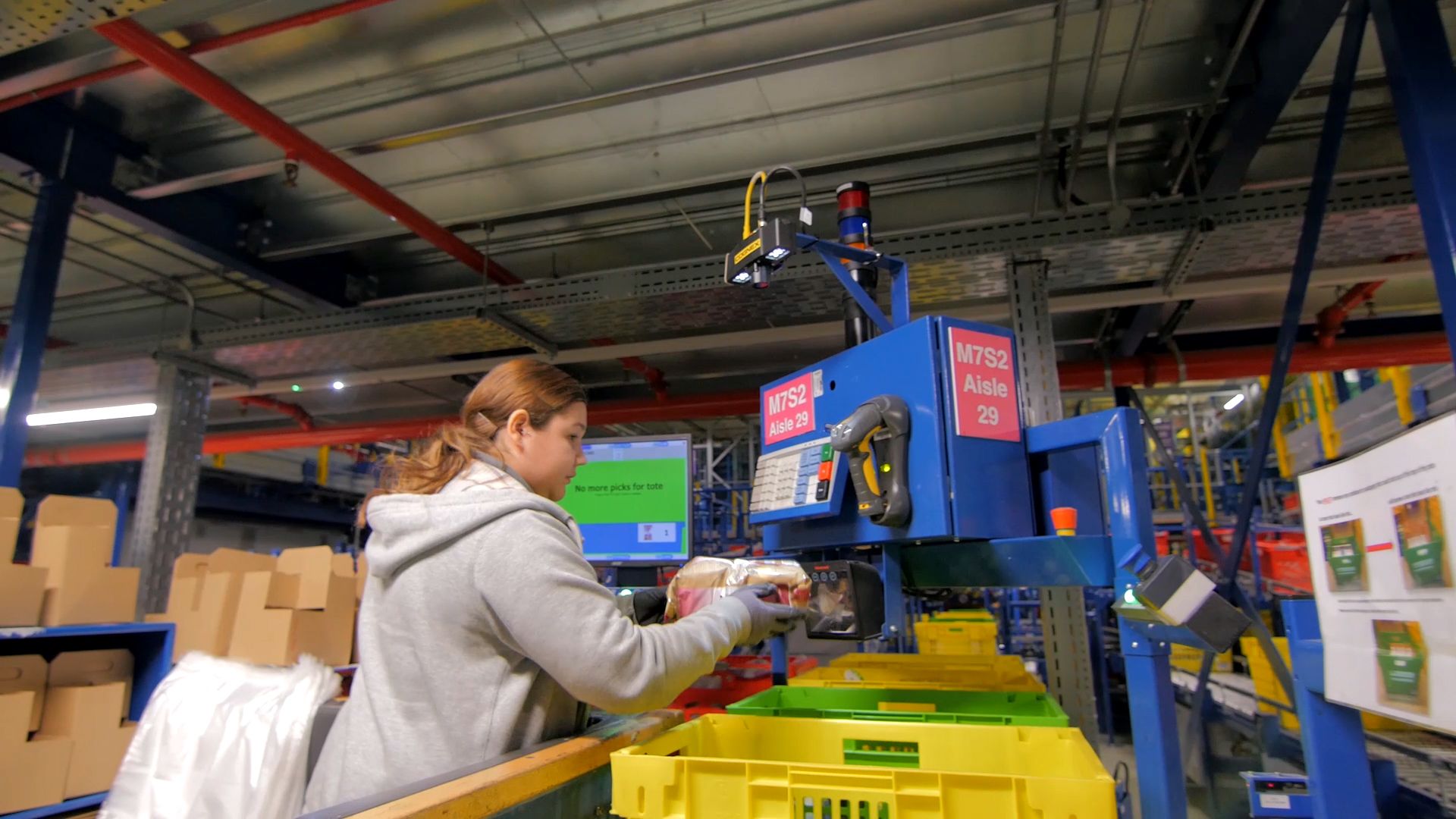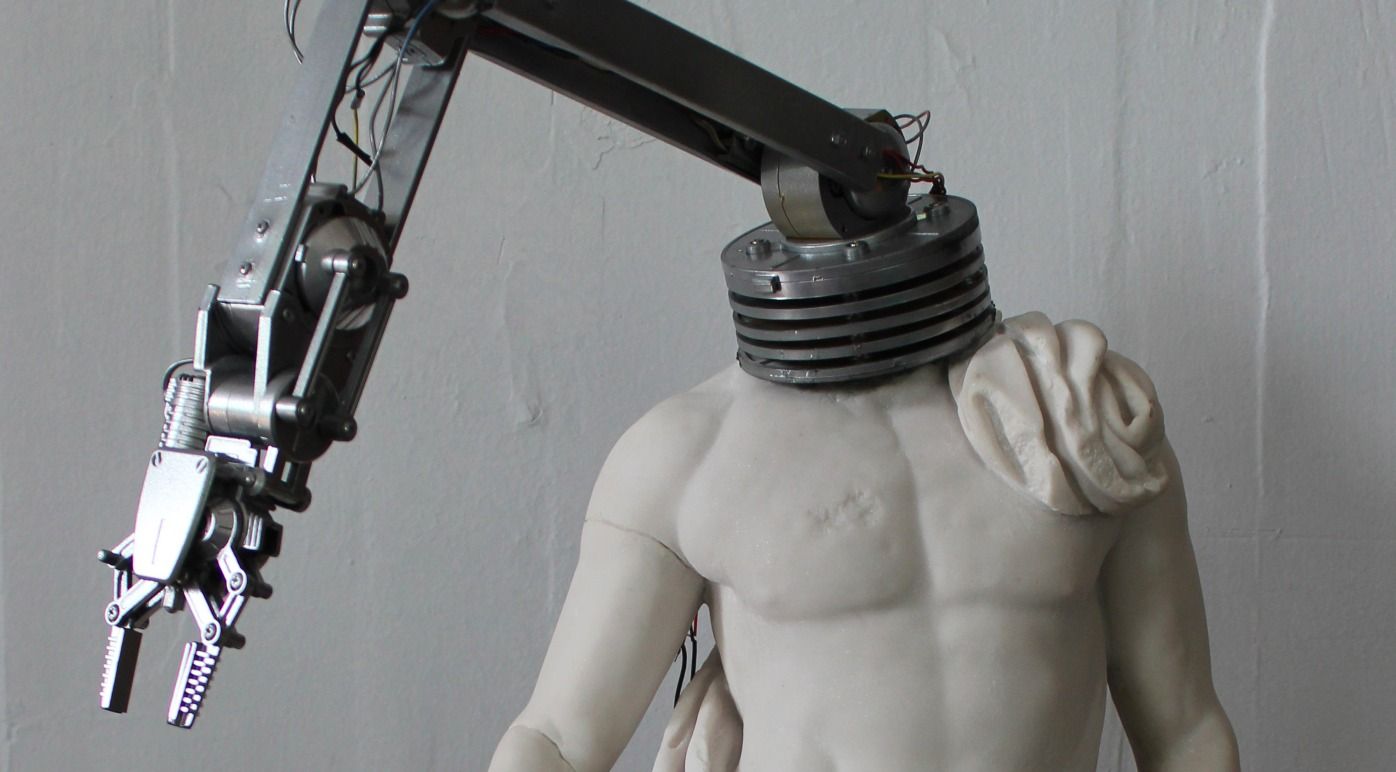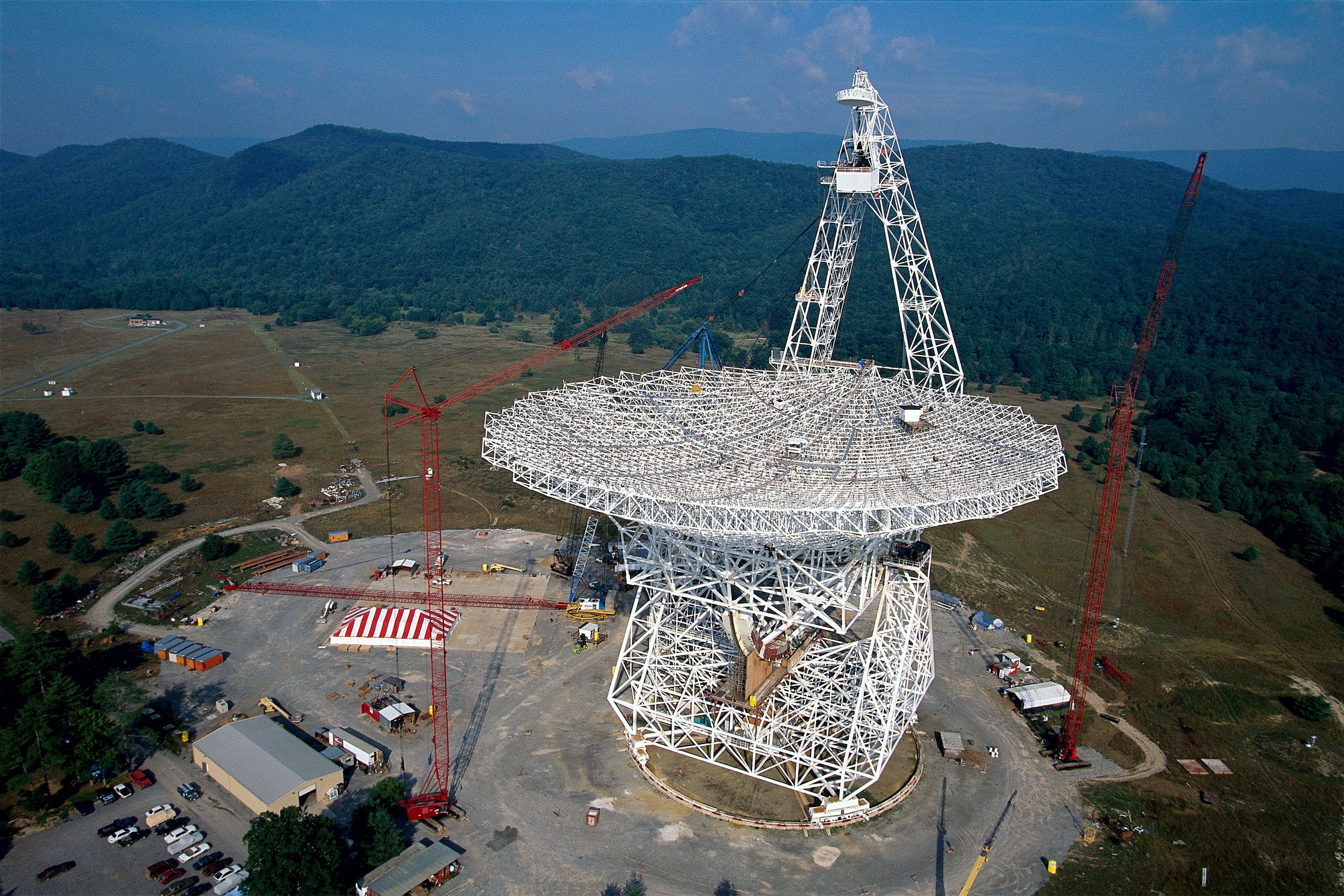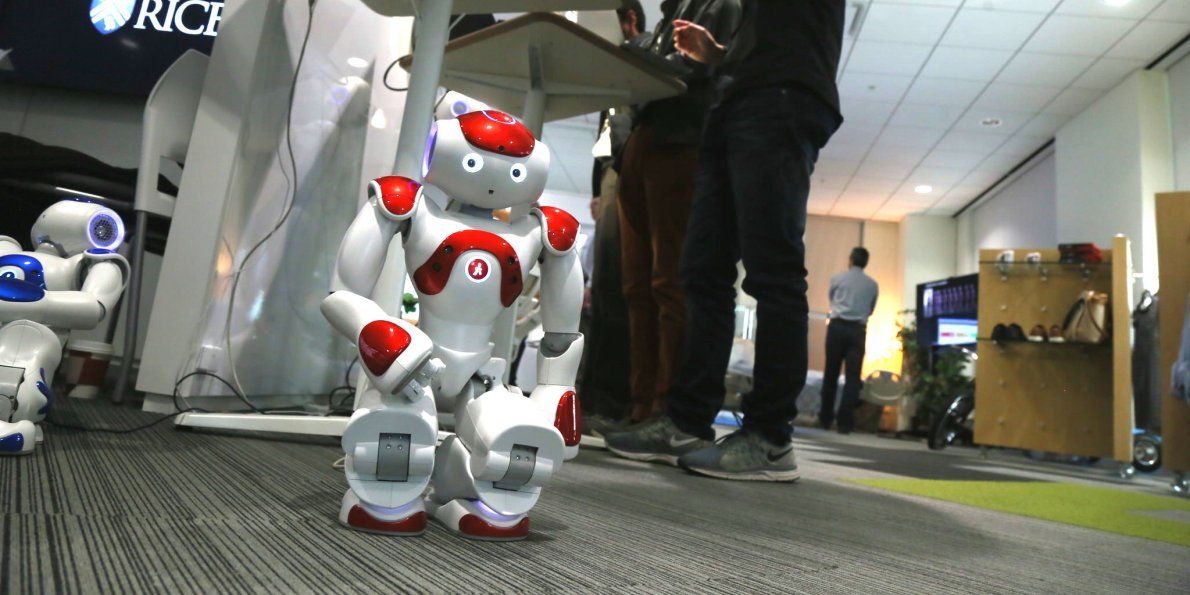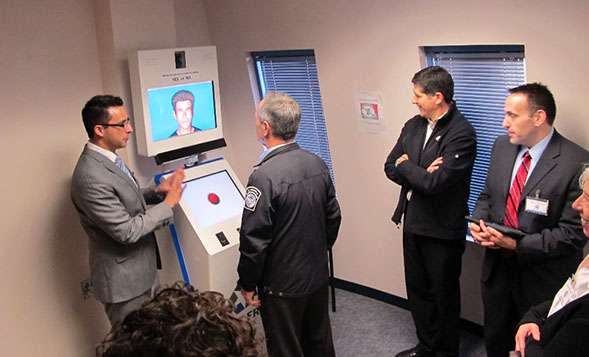Page 10592
Dec 29, 2016
Quantum exhibit soon leaves Kitchener for nationwide tour
Posted by Karen Hurst in categories: futurism, quantum physics
KITCHENER — Just a few days are left to see Themuseum’s quantum exhibit before it packs up to tour the country.
Quantum: The Exhibition is at the downtown Kitchener museum until Jan. 1.
“It’s a really cool exhibit,” said David Marskell, Themuseum’s chief executive officer.
Continue reading “Quantum exhibit soon leaves Kitchener for nationwide tour” »
Dec 28, 2016
Inside the sprawling robot-infested warehouse that powers the world’s largest online grocery store
Posted by Shane Hinshaw in categories: food, robotics/AI, transportation
Swarm robotics, autonomous delivery vehicles, and machine-learned preferences will help deliver your food faster.
Dec 28, 2016
How machine learning Is revolutionizing the diagnosis of rare diseases
Posted by Shane Hinshaw in categories: biotech/medical, genetics, mobile phones, robotics/AI
Well before the family came in to the Batson Children’s Specialty Clinic in Jackson, Mississippi, they knew something was wrong. Their child was born with multiple birth defects, and didn’t look like any of its kin. A couple of tests for genetic syndromes came back negative, but Omar Abdul-Rahman, Chief of Medical Genetics at the University of Mississippi, had a strong hunch that the child had Mowat-Wilson syndrome, a rare disease associated with challenging life-long symptoms like speech impediments and seizures.
So he pulled out one of his most prized physicians’ tools: his cell phone.
Using an app called Face2Gene, Abdul-Rahman snapped a quick photo of the child’s face. Within a matter of seconds, the app generated a list of potential diagnoses — and corroborated his hunch. “Sure enough, Mowat-Wilson syndrome came up on the list,” Abdul-Rahman recalls.
Continue reading “How machine learning Is revolutionizing the diagnosis of rare diseases” »
Dec 28, 2016
Artificial Intelligence Gained Consciousness in 1991
Posted by Shane Hinshaw in categories: innovation, robotics/AI
Dec 28, 2016
Scientists say radio signals from deep space could be aliens
Posted by Sean Brazell in category: alien life
Scientists may have found proof that E.T. really is phoning home — in the form of powerful radio signals, which have been detected repeatedly in the same exact location in space.
Astronomy experts with the Green Bank Telescope in West Virginia and the Arecibo Observatory in Puerto Rico have discovered six new fast radio bursts (FRBs) emanating from a region far beyond our Milky Way galaxy, according to a recent report in the Astrophysical Journal.
The discovery — made in the direction of the constellation Auriga — is significant considering the fact that at least 17 FRBs have now been detected in this area. It is also the only known instance in which these signals have been found twice in the same location in space.
Continue reading “Scientists say radio signals from deep space could be aliens” »
Dec 28, 2016
IBM is working on a robot that takes care of elderly people who live alone
Posted by Shane Hinshaw in category: robotics/AI
To address the world’s incoming senior citizens, IBM is developing a robot that can help the elderly live alone without sacrificing safety.
Dec 28, 2016
AI Wrote a Sci-Fi Screenplay for a London Film Festival, and Humans Directed It
Posted by Shane Hinshaw in categories: entertainment, robotics/AI
Dec 28, 2016
The lie-detecting security kiosk of the future
Posted by Shane Hinshaw in categories: robotics/AI, security, transportation
When you engage in international travel, you may one day find yourself face-to-face with border security that is polite, bilingual and responsive—and robotic.
The Automated Virtual Agent for Truth Assessments in Real Time (AVATAR) is currently being tested in conjunction with the Canadian Border Services Agency (CBSA) to help border security agents determine whether travelers coming into Canada may have undisclosed motives for entering the country.
“AVATAR is a kiosk, much like an airport check-in or grocery store self-checkout kiosk,” said San Diego State University management information systems professor Aaron Elkins. “However, this kiosk has a face on the screen that asks questions of travelers and can detect changes in physiology and behavior during the interview. The system can detect changes in the eyes, voice, gestures and posture to determine potential risk. It can even tell when you’re curling your toes.”

